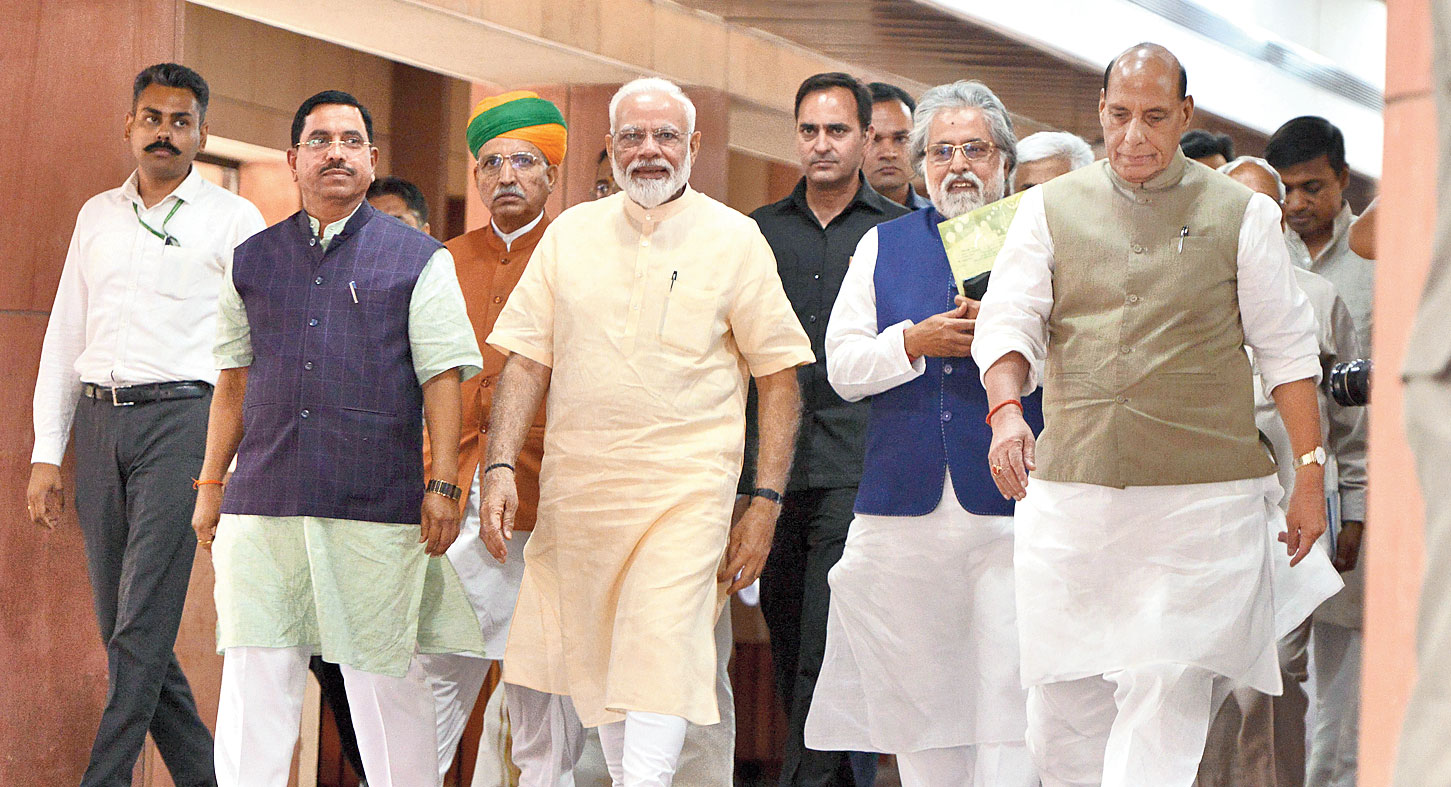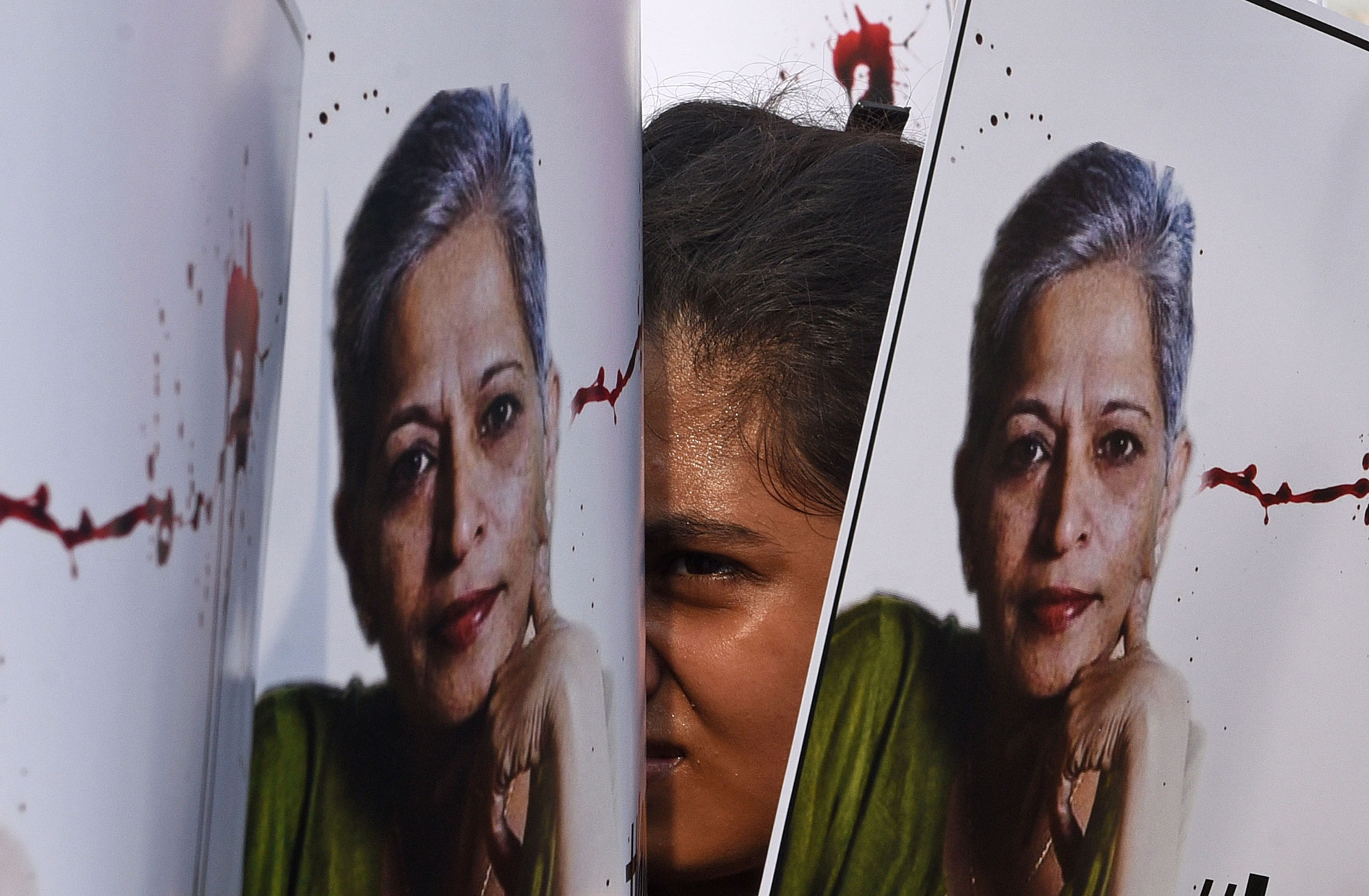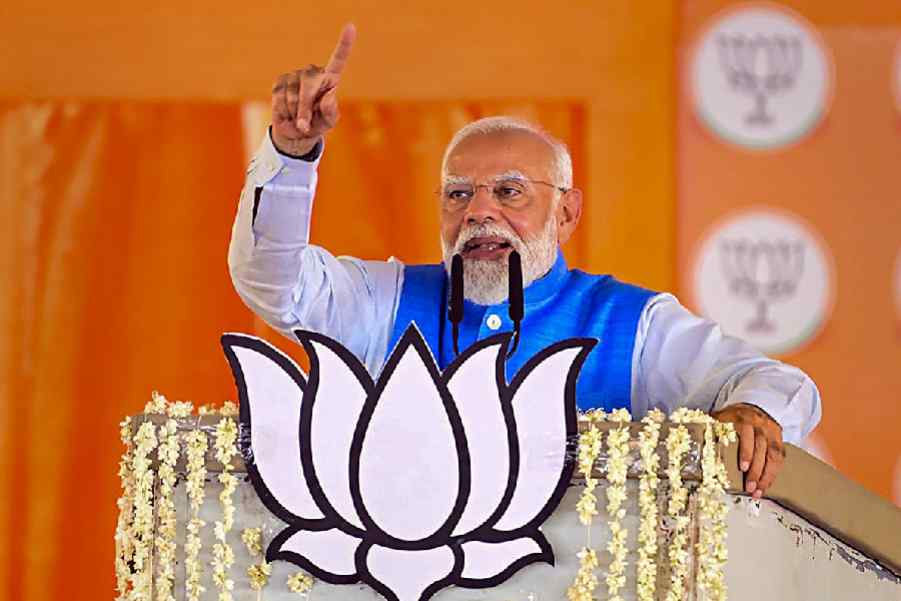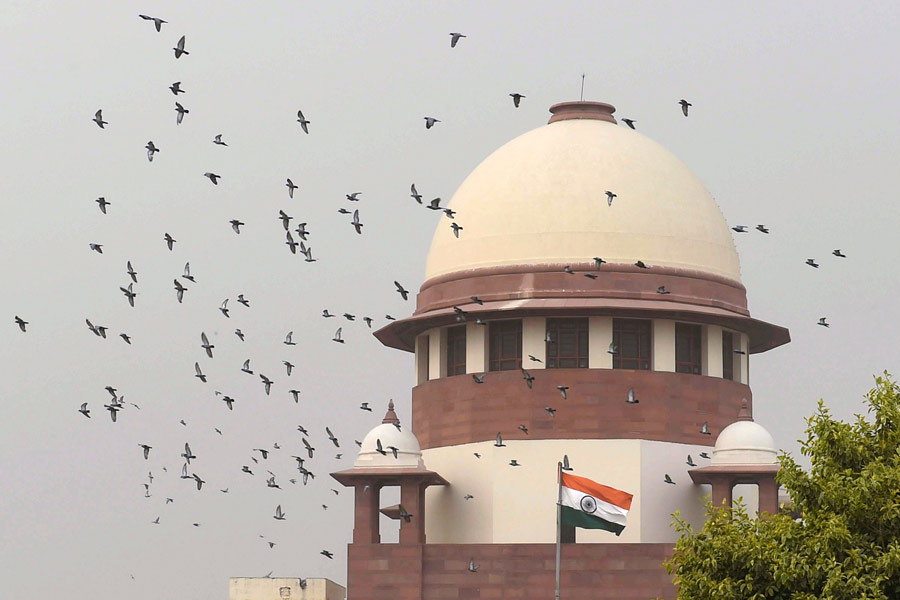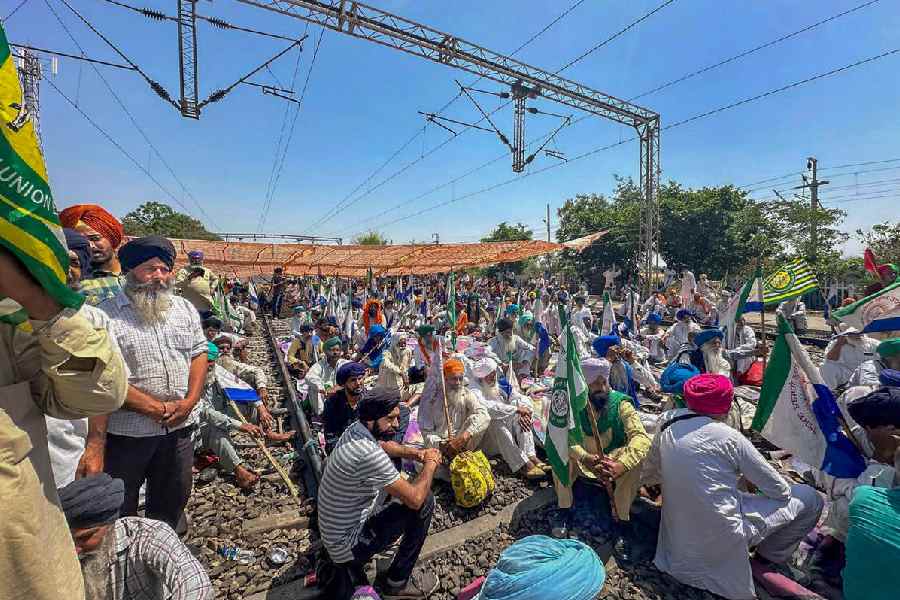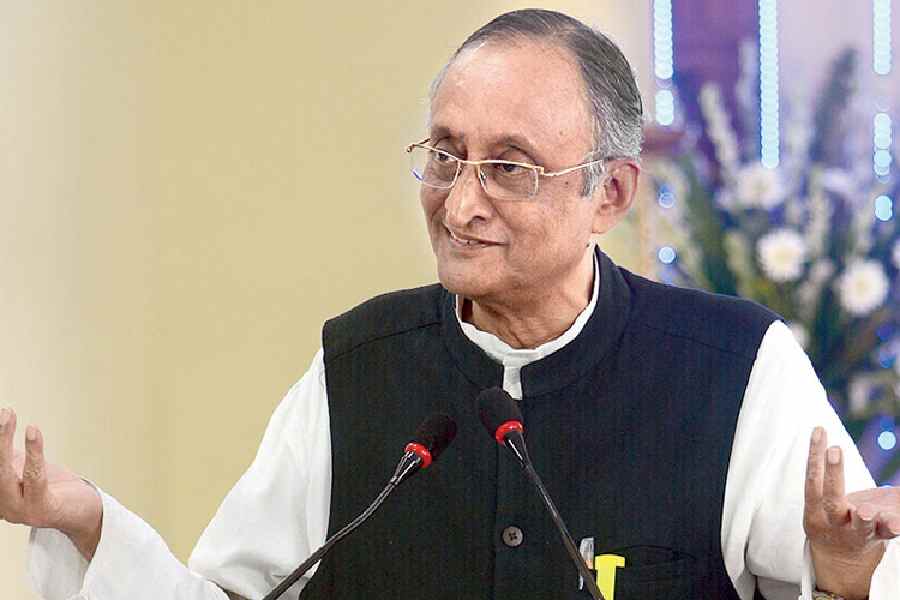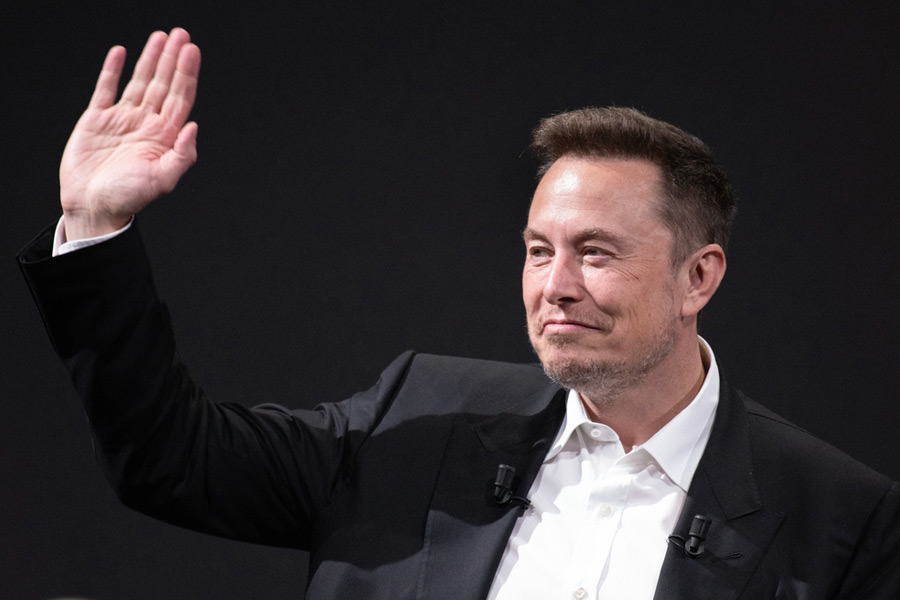Michel Foucault made a lasting contribution to our understanding of power in modern times. Among other things, he argued that ‘truth regimes’ are instituted as a mode of wielding power. “Each society has its regime of truth, its ‘general politics’ of truth:... the types of discourse which it accepts and makes function as true; the mechanisms and instances which enable one to distinguish true and false statements, the means by which each is sanctioned; the techniques and procedures accorded value in the acquisition of truth; the status of those who are charged with saying what counts as true.”
But is the world moving away from this mode of truth-control? Is power today the result of the practice of untruth? Scientificity and productivism were the sources of fascism in the 20th century but could speed, consumption and impatience with facts be the sources of fascism in the 21st century? The speed of technological changes and the dispersion of digital images have transformed the way we experience reality. Speed dislodges the gestation required to manufacture scientific knowledge and register it as truth to exercise power and control. Consequently, there is a large scale irreverence to evidence itself; details have thus become more or less irrelevant. Untruth has become the workable mode through which we can express dissent and preserve, articulate, and advance the social power we wield. Hence social groups are no longer laying claim to truth to exercise legitimacy.
Slow down
M.K. Gandhi had remarked that we require life to be slow for it to be ethical. He also believed that personal interactions are indispensable to ethical responsibilities. Both these preconditions no longer exist. Speed seems to have dislodged the relation between power and truth, installing untruth — referred to as post-truth — as the new template for power.
Fake news and distortions of history are the obvious forms of untruth. But the more insidious mode in which untruth operates is that of a projected reality — a reality that exists between belief and disbelief. The performativity of a projected reality is acceptable because of its instrumental value to deliver both justified and unjustified demands. Do the dominant castes that were out in the streets demanding reservations suffer from a real anxiety of loss of benefits and declining social status? Or do they find it convenient to project it that way in order to preserve their privileges? Did the other backward classes really believe that they stood to benefit when Narendra Modi took over as prime minister with the claim that an OBC in power helps augment one’s social power?
The projection of certain positionalities does not allow for the interrogation of the beliefs behind the projection. Even if one believes that one’s claim is untrue, it has become a ‘legitimate’ way of articulating demands in a democracy. Claims based on truth are open to scrutiny. But operating in a moral no man’s land renders such scrutiny ineffective.
Growing inequalities and the yawning gap in the social power among castes and classes have made untruth a medium of exercising power and of registering dissent. Majoritarian cultural nationalism has emerged as an expression of diverse and disparate changes. It permits a projected instrumentality that asks questions but is unwilling to answer any. Modi’s silence, his unwillingness to engage with the media and his insistence that the monologue of Mann ki Baat as a legitimate mode of communication mirror the propensity to be neither reflective nor open to interrogation.
The Bharatiya Janata Party and the Rashtriya Swayamsevak Sangh have chosen to ride this momentum. They feel it is more or less permanent and, therefore, dream of staying in power till 2047. But speed and projected untruth are by their very nature unconstrained and barely obedient.

